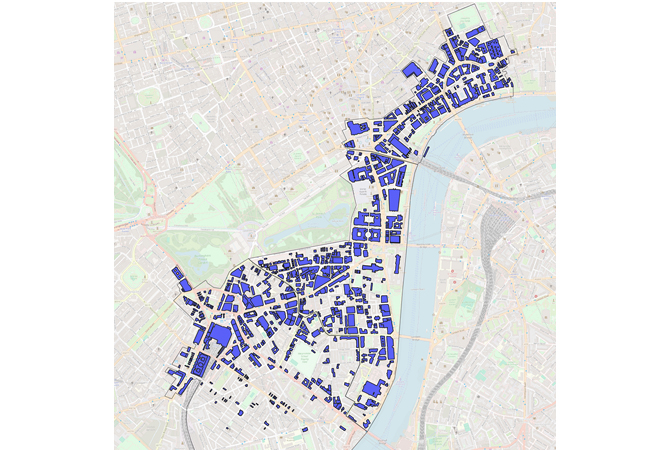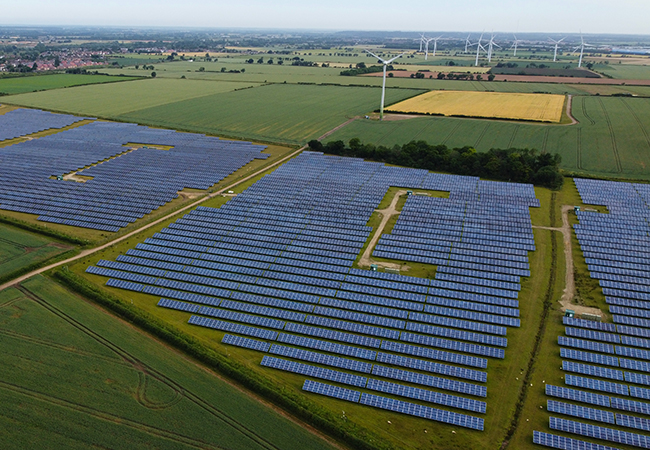
Average global temperatures exceeded the 1.5°C target agreed by governments at the 2015 Paris climate change summit over a whole year for the first time in 2023.
The monthly climate change bulletin of the EU’s Copernicus Climate Change Service (C3S) published on 9 February shows the global mean temperature for 2023 was 1.52°C above the pre-industrial average for 1850 to 1900. It also says the first month of this year was the warmest January on record, dating back to 1940.
The average global sea-surface temperature for January, outside the polar regions, also reached 20.97°C – only 0.01°C below the highest monthly figure to date, recorded in August 2023.
Samantha Burgess, deputy director of C3S, said: ‘Rapid reductions in greenhouse gas emissions are the only way to stop global temperatures increasing.’
Philip Dunne MP, chair of the House of Commons environmental audit committee, said: ‘The world came together in 2015 to agree to try to limit temperature increase to 1.5°C; it is troubling that, because of the high temperatures experienced last year, the global thermometer tipped over this threshold for the first time.’
Dunne urged the UK government to heed his committee’s report on heat resilience
and sustainable cooling, which was published
in January.
It wants ministers to consider the pros and cons of installing reversible air-to-air heat pumps, which also provide cooling, to reduce stress on the electricity Grid during heatwaves.
Reversible heat pumps may be ‘unnecessary’ and ‘significantly’ increase energy use and emissions if passive measures and fans have already been installed, the report says.
It also recommends the government combine existing initiatives on insulation and energy efficiency into a ‘much more ambitious and comprehensive’ housing retrofit programme that addresses the risks of overheating.




